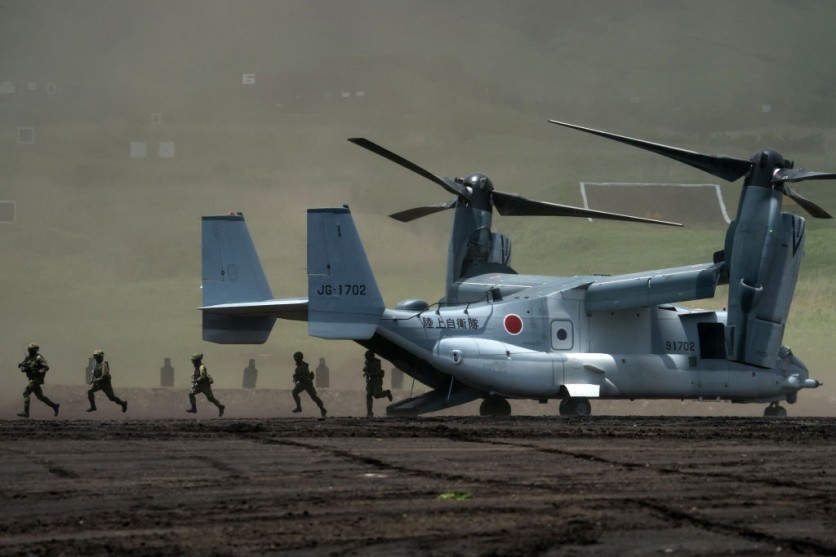Japan is now enhancing its national security and strengthening global alliances by implementing stricter export controls. The aim is to prevent the potential misuse of goods and parts for military purposes, especially focusing on third-party transfers to China and Russia (via Nikkei Asia).

Export Restrictions on China, Russia
Under the proposed rules, Japan plans to align regulations for a group of nations, including China and Russia, with those banned under UN Security Council resolutions like North Korea and Iraq, effectively elevating the scrutiny on exports to these countries.
The measures include adopting restrictions similar to those enforced in the US and Europe, designed to safeguard sensitive technologies from falling into the wrong hands.
Japan's proposed rules target the countries above to enhance control over commodity-grade products. This step is significant as Japanese-made machine tools and telecommunications equipment, considered technologically advanced even in commodity-grade form, have the potential for use in conventional weapons, standard military equipment, unmanned aircraft, and other weaponry.
The Ministry of Economy, Trade and Industry (METI) is expected to present these rules to a council on export controls in the current fiscal year, intending to curb the risk of goods being transferred via third parties to nations with concerns about military use.
A notable aspect of the proposed regulations is that if the Japanese government determines that goods shipped to a seemingly safe country could be transferred to a nation where they might be used as weapons, companies involved may be required to apply for export permission formally.
The move comes in the wake of Russia's invasion of Ukraine, prompting some Japanese companies to voluntarily abstain from trading with businesses suspected of military ties in China and other nations.
The government is even considering publicizing a list of nations that warrant caution when exporting, possibly expanding beyond entities associated with weapons of mass destruction.
Japan's Role in Global Security
Simultaneously, the United States Department of Defense highlighted Japan's growing leadership roles in the Indo-Pacific and its increased security contributions.
Grace Park, Director for Japan Policy at the Defense Department's Indo-Pacific Security Affairs Office, emphasized the deepening U.S.-Japan alliance, citing the modernization of roles, missions, and capabilities as a crucial aspect. This includes the optimization of force posture within the region and the multilateral networking of alliances.
Park highlighted Japan's commitment to enhancing its national defense capabilities, with plans to double the amount dedicated to self-defense, reaching 2% of its gross domestic product.
Japanese leaders are also working to break down barriers to innovation, particularly in intelligence, surveillance, and reconnaissance capabilities, as well as in maritime domain awareness.
Additionally, the US and Japan are working to deepen industrial cooperation, ensuring interoperability in contingencies. These efforts reflect a broader strategy to position the alliance in a versatile and resilient manner, addressing security challenges in the East China Sea, South China Sea, and the Taiwan Strait.
Stay posted here at Tech Times.
Related Article : Report: North Korea Is Developing AI Tech for COVID, Nuclear Energy, Surveillance, War Games


![Apple Watch Series 10 [GPS 42mm]](https://d.techtimes.com/en/full/453899/apple-watch-series-10-gps-42mm.jpg?w=184&h=103&f=9fb3c2ea2db928c663d1d2eadbcb3e52)


